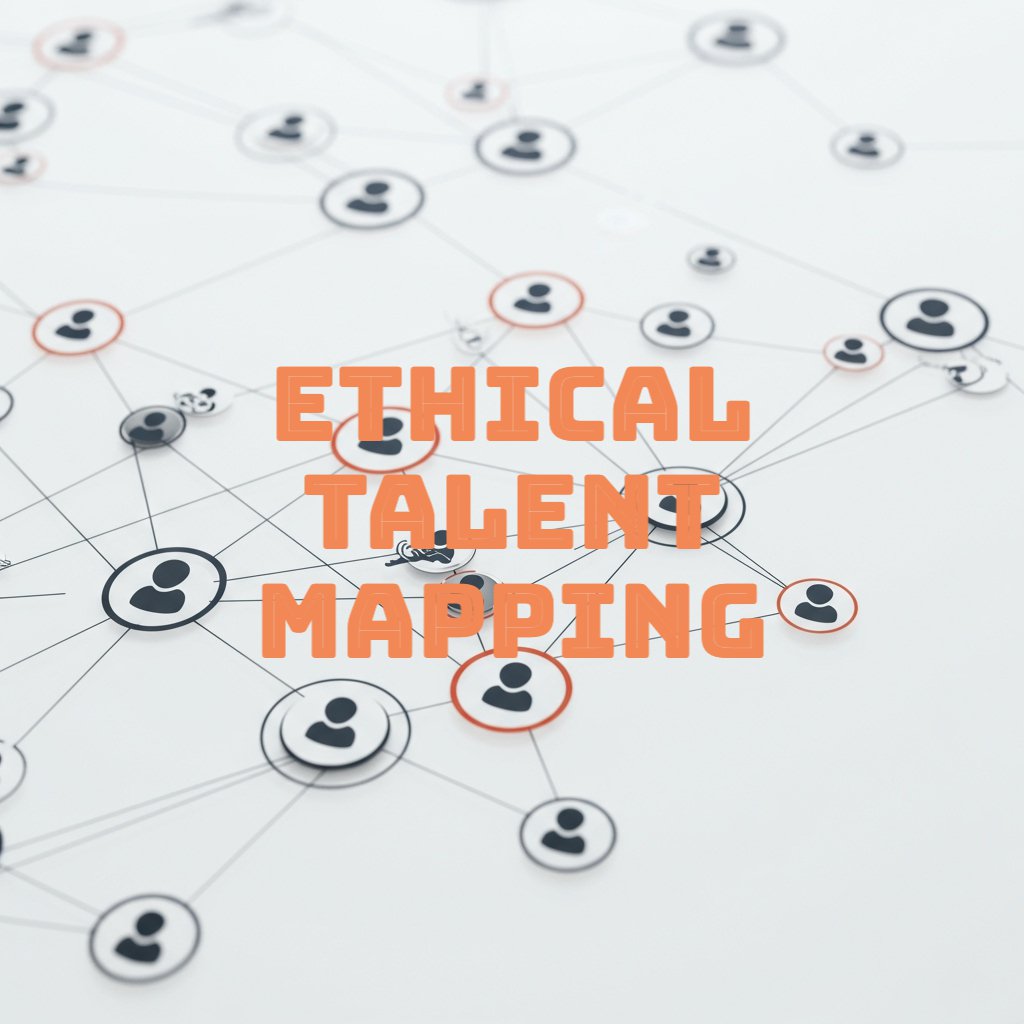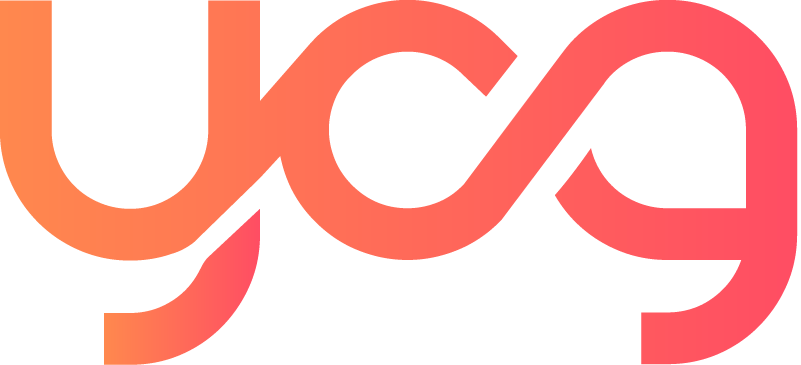
14 Apr Ethical talent mapping: balancing competitive intelligence with workforce development
In today’s dynamic business landscape, the war for talent is fiercer than ever. Companies worldwide are navigating a rapidly changing environment, where finding and retaining top talent is crucial for sustained success. Ethical talent mapping, a practice pivotal to strategic human resource management, is emerging as a beacon of hope. As spearheaded by YCG, talent mapping ethically balances competitive intelligence with workforce development. Here’s how it’s done.
The Essence of Ethical Talent Mapping
Talent mapping is a strategic approach within HR management that involves identifying and engaging with potential employees before a position becomes available. It allows organizations to build a pipeline of skilled candidates, ensuring they are prepared for future hiring needs. However, ethical talent mapping extends beyond just filling roles; it focuses on creating value for both the organization and the candidates.
Ethical talent mapping ensures respect, fairness, transparency, and mutual growth. It's about mapping out the careers of individuals in a way that aligns with both their professional goals and the strategic objectives of the organization. By fostering partnerships rather than mere transactions, YCG epitomizes this approach, building trust and strong foundations for long-term relationships.
Competitive Intelligence vs. Workforce Development
Competitive Intelligence
Competitive intelligence (CI) involves collecting and analyzing industry data to inform business decisions. While essential, it's crucial to conduct CI in a way that respects the confidentiality and intellectual property of other organizations. Ethical CI means gathering data from publicly available sources and respecting the privacy of competitors' employees.
YCG employs state-of-the-art technology to gather competitive intelligence ethically. By leveraging AI and big data, they extract actionable insights without crossing ethical boundaries. This method ensures clients receive the critical information needed to stay ahead, without compromising integrity.
Workforce Development
On the other hand, workforce development aims to enhance the skills and capacities of the current and future workforce. It involves continuous learning initiatives, training programs, and career development opportunities. A robust workforce development program helps companies adapt to changes and ensures that employees grow alongside the organization.
For YCG, workforce development is more than just upskilling. It's about creating holistic development programs that consider the financial, social, and emotional well-being of employees. Their initiatives include specialized programs for underrepresented groups, such as prison leavers, promoting diversity and inclusion in the workplace.
The Intersection of Ethical Talent Mapping and Workforce Development
Ethical talent mapping serves as a bridge between CI and workforce development. By ethically gathering intelligence, organizations can identify talent gaps and future needs. Concurrently, workforce development ensures that existing employees are prepared and engaged, creating a robust talent ecosystem.
YCG's embedded talent solutions exemplify this balance. Their Recruitment Process Outsourcing (RPO) services integrate talent mapping with tailored development plans. By embedding themselves within the client’s organizational culture, they ensure that recruitment strategies align with long-term business goals and employee growth.
Long-term Partnerships: The Cornerstone of Ethical Talent Mapping
At the heart of ethical talent mapping is the belief in building long-term partnerships. YCG's approach is partnership-oriented, where relationships with clients and potential candidates transcend mere placements. They invest in understanding the aspirations of candidates and the strategic vision of organizations, ensuring a symbiotic relationship that fosters mutual success.
Such partnerships are vital for creating a sustainable talent strategy. When candidates trust a recruitment firm, they are more likely to engage and remain loyal. Similarly, organizations benefit from a consistent stream of well-aligned talent, reducing turnover and driving business growth. Ethical recruitment practices help in building a positive employer brand and establishing a positive work environment.
Conclusion
In an era where talent is the most significant competitive asset, ethical talent mapping is not just a strategy but a necessity. By balancing competitive intelligence with workforce development, and prioritizing ethical considerations, YCG is revolutionizing the recruitment industry. Their innovative, socially responsible, and technologically advanced approach sets a precedent for how organizations can thrive in the modern talent landscape. Through long-term partnerships, YCG is not just filling positions; they are shaping futures and driving organizational success.
Ethical HR practices, including ethical conduct and ethical recruitment processes, ensure the integrity of recruitment and retention processes while fostering a CSR-driven talent acquisition strategy that aligns with both organizational needs and employee satisfaction. This approach incorporating inclusivity and fairness is the future of sustainable human resource management.

